The Top Undesired Breakdowns That Auto Shops Often Refuse to Fix
Many people think that auto shops can solve all your car problems. However, there are situations where mechanics refuse to repair your vehicle.
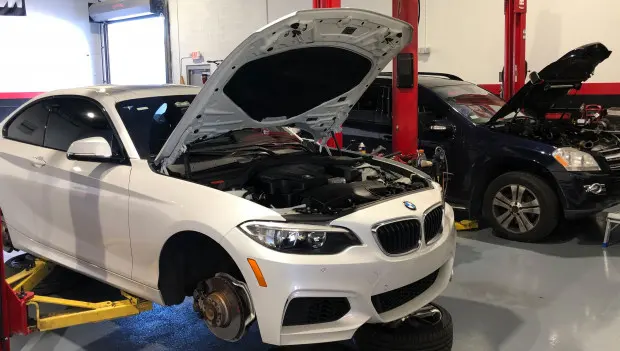
It seems that auto shops can solve any car issue. However, there are situations when mechanics refuse to fix certain breakdowns. This is because the repair may be labor-intensive, very expensive, or legally questionable. For example, it might involve altering the vehicle's structure.
Mainly, we are talking about labor-intensive and messy procedures, as well as tasks for which the mechanic receives minimal pay, despite the time spent. For instance, a shop might refuse to lubricate the chassis of a frame-based SUV like the Toyota Fortuner. This procedure requires several steps: lifting the vehicle (which is easier with a specialized lift), removing the lower protection, and performing heavy physical tasks on the underbody. While it seems simple, these operations can take significant time and demand patience from the specialist. The reward for this service is minimal and not proportional to the effort, leading shops to either refuse the task or set a high price tag.
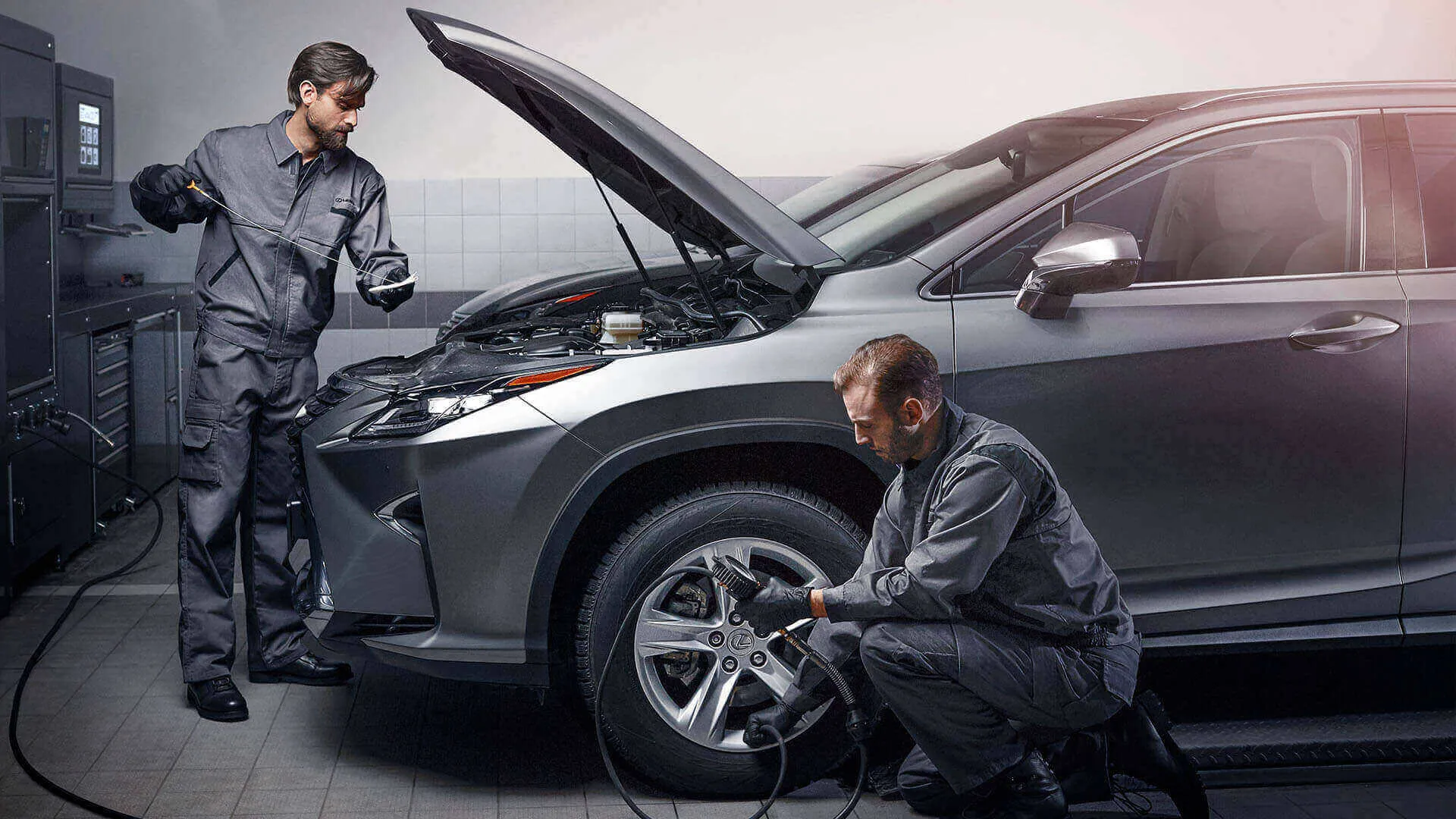
The same applies to replacing the timing belt in older premium sedans, which involves complicated access to the component. Technicians might need to partially disassemble the engine compartment or suspension. There's also the risk of worn mounts or hidden defects in older cars, not to mention the potential wear and tear of parts. The repair process thus becomes lengthy and labor-intensive.
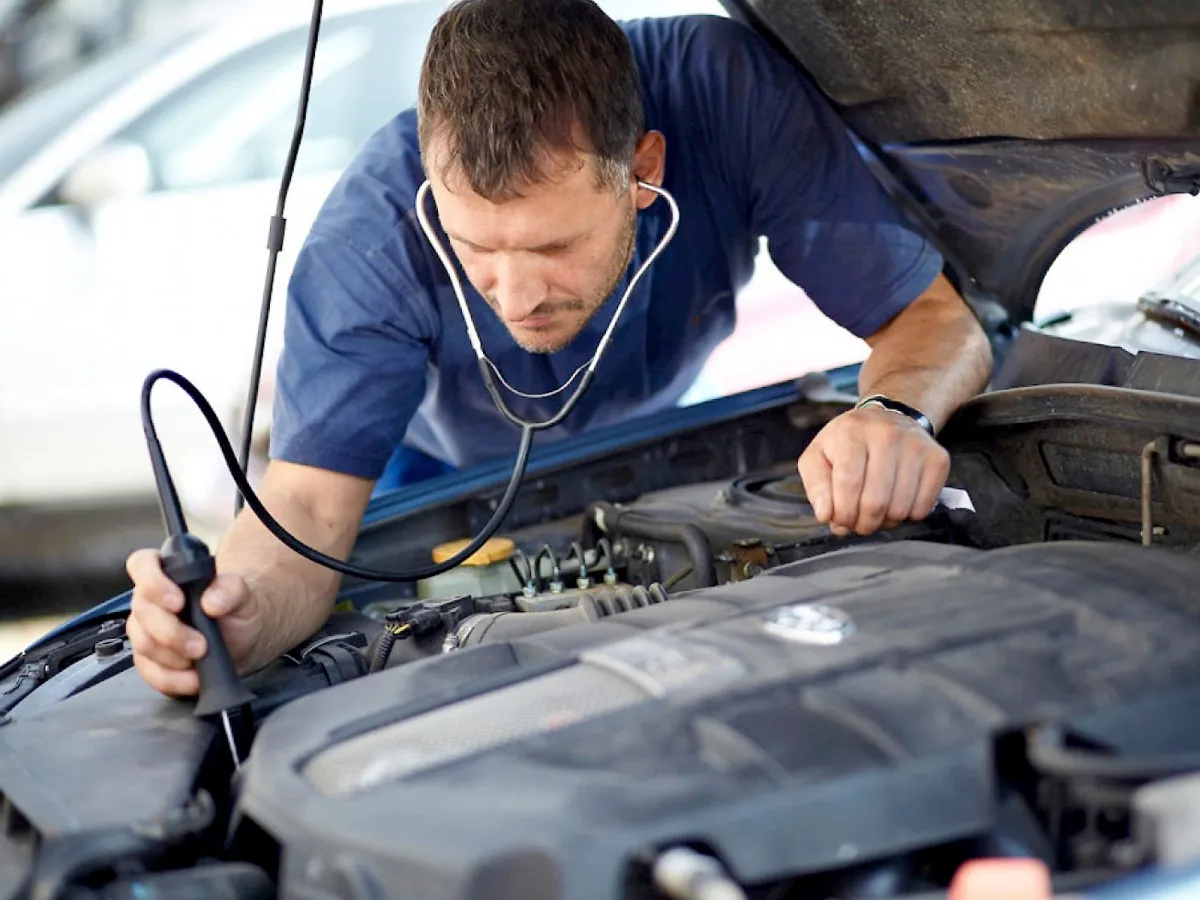
Auto shops might also refuse to repair components that are generally easier to replace, like the LED optics control unit in modern cars. Vehicles from the "big German three" often come with expensive, supposedly non-repairable modules. Although owners still request repairs to save money, the process requires special equipment and expertise, prompting many workshops to avoid such jobs.
Despite some daring mechanics attempting repairs without sufficient expertise, escalating issues can arise. Consequently, the shop may have to purchase a new component themselves, which is costly and damages the shop's reputation. Furthermore, not all specialists are equipped to handle rare models seen infrequently on roads, whether they are extremely old or exotic new vehicles. Lack of proper technical documentation, scarce parts, and unconventional diagnostic procedures add to the challenge. Even if a defect is found, fixing it may be uncertain, and providing a precise timeframe or final cost is difficult.
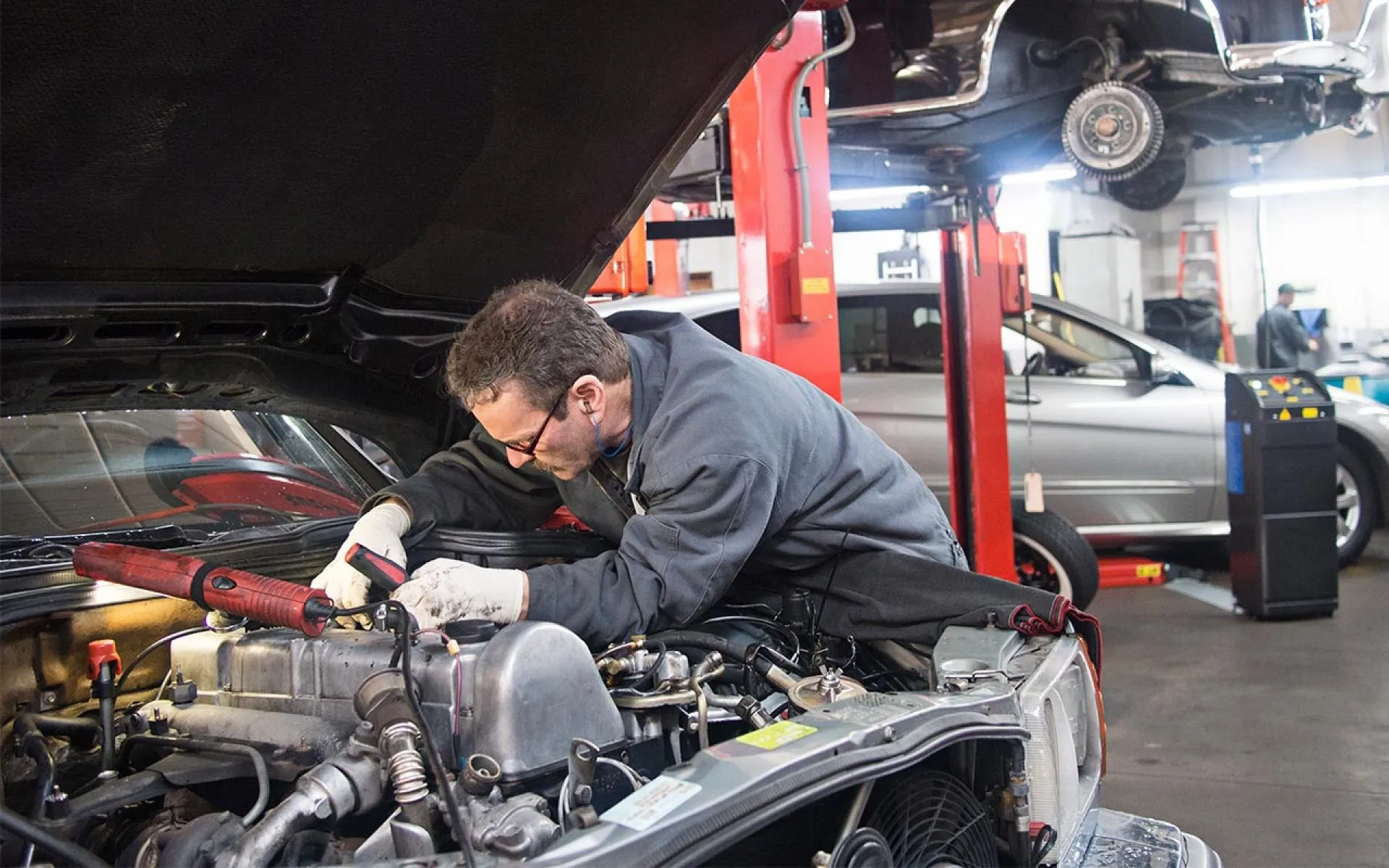
Finally, some refusals are motivated by legal considerations, such as when modifications to the vehicle's construction are necessary. This includes electrical system changes or advanced tuning, which under legal regulations, require re-certification of the vehicle—a step often overlooked by owners. Moreover, if a modified component fails, liability often falls on the repair shop.
You may also be interested in the news:
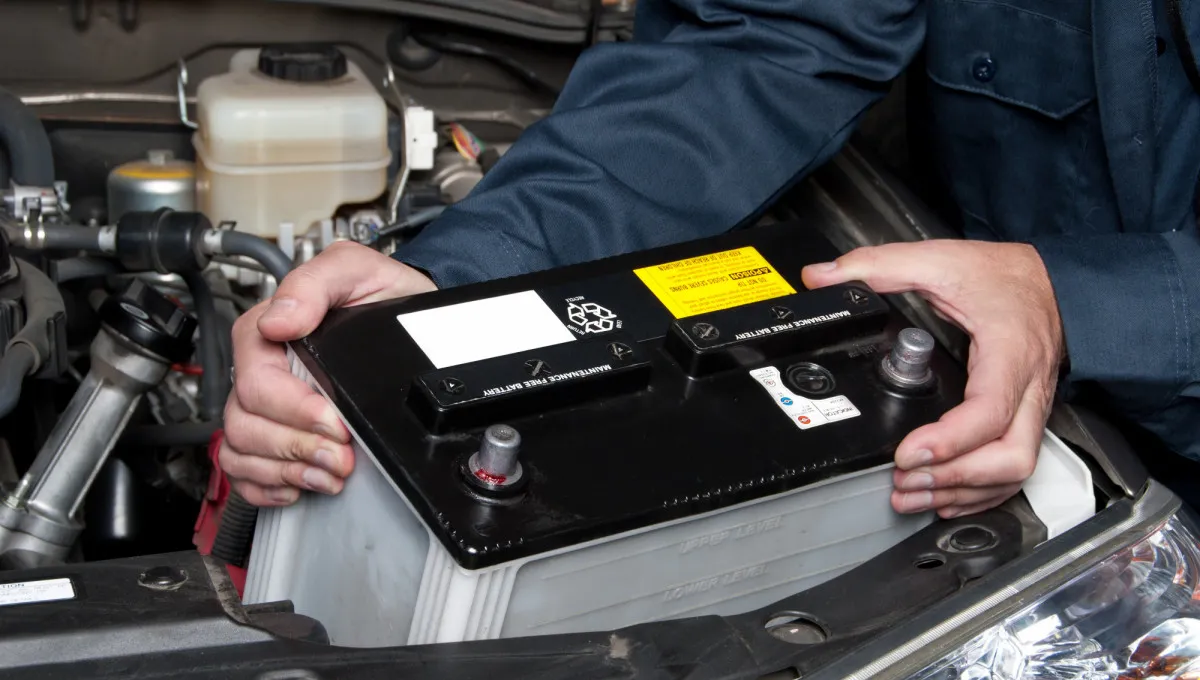
Why Drivers Warm Up Their Car Batteries in Winter Even When Cold Doesn’t Drain Them
At first glance, it seems obvious. Everyone knows that batteries perform worse in cold weather than in warm conditions—they deliver less current, lose usable capacity, and struggle overall.
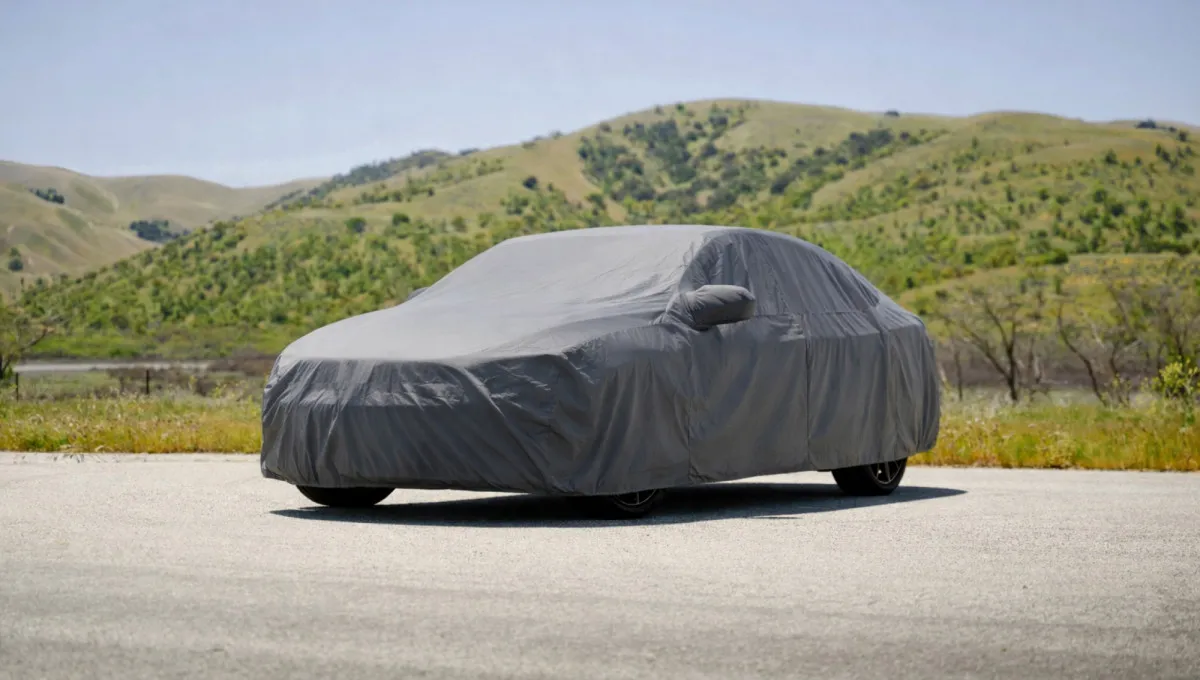
Worst Cars to Buy: Five Models Experts Say You Should Avoid at All Costs
Analysts also named five vehicles they recommend considering instead.
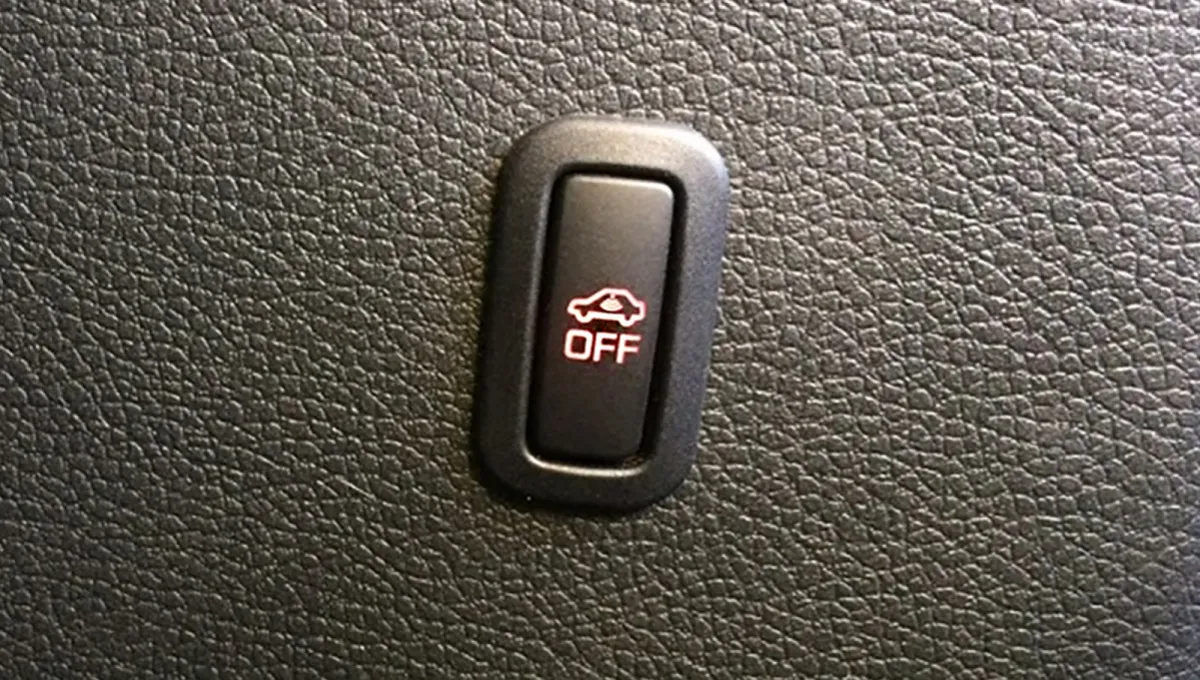
Never Press the “OFF” Button Until You Read Your Owner’s Manual: Why It Can Be Dangerous
On some vehicles, an unusual button labeled “OFF” can be found on the side of the dashboard, usually to the driver’s left.
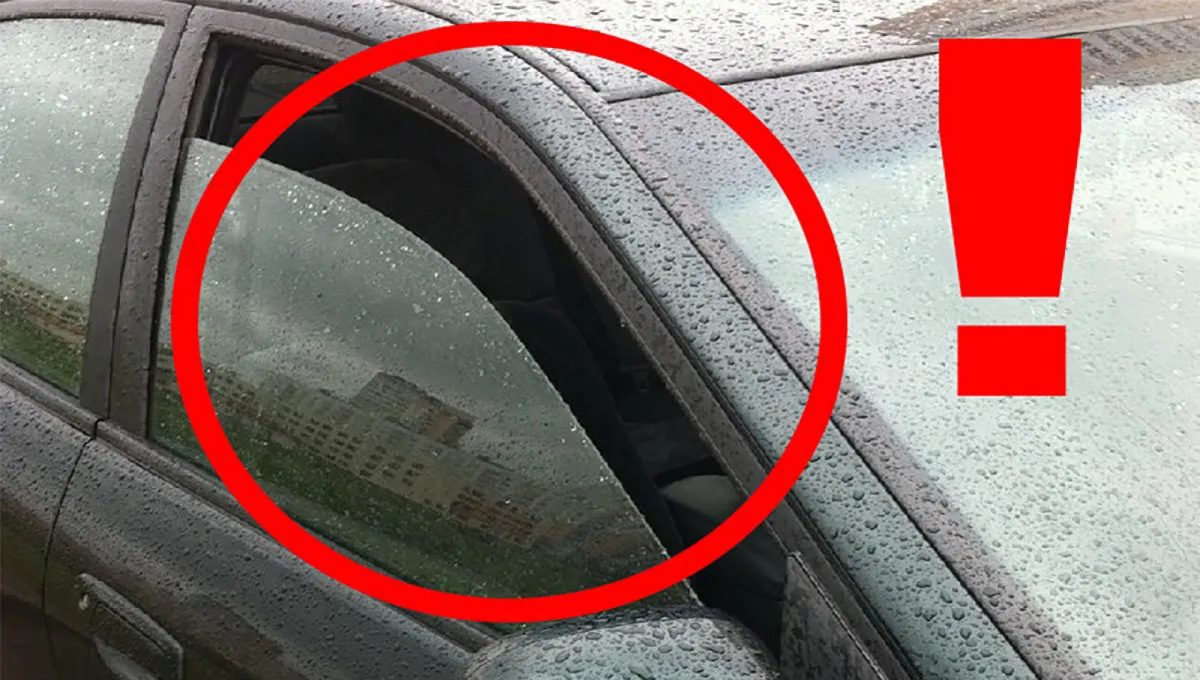
How to Raise a Car Window in the Field When the Power Window Fails
Practical ways to close a stuck car window when the power window motor suddenly stops working.
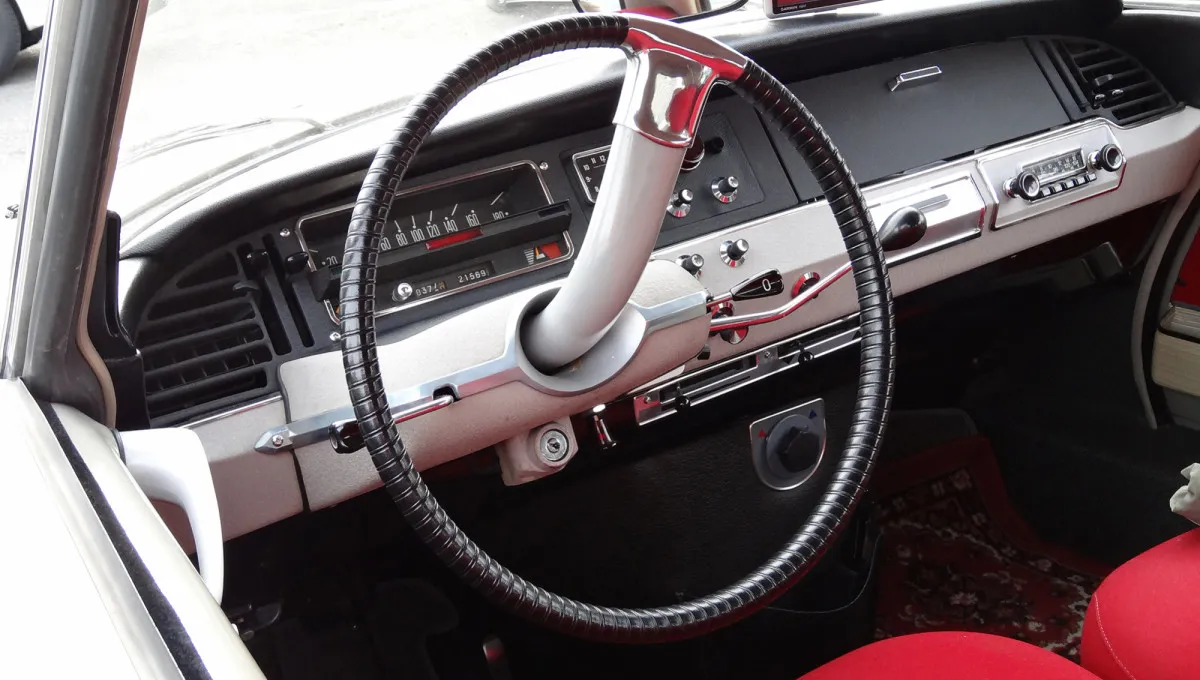
Lap Belts and Hood Ornaments: 5 Features in Old Cars That Were Flat-Out Dangerous
Automotive history is full of questionable design choices—some old car features were genuinely dangerous.